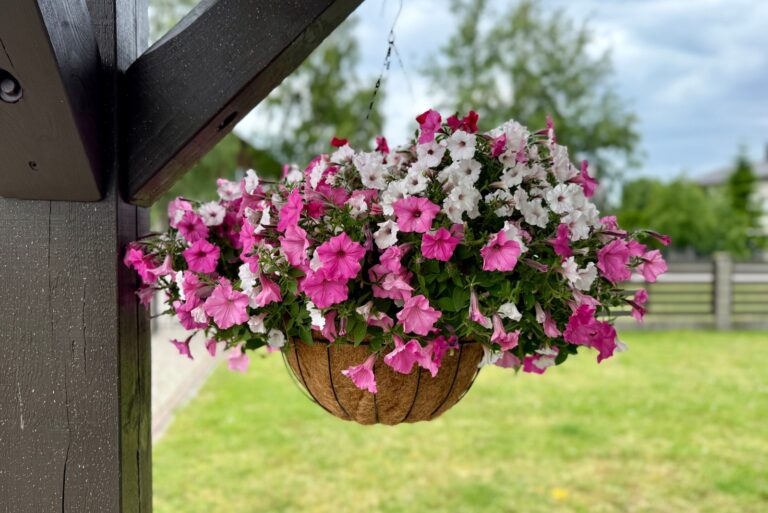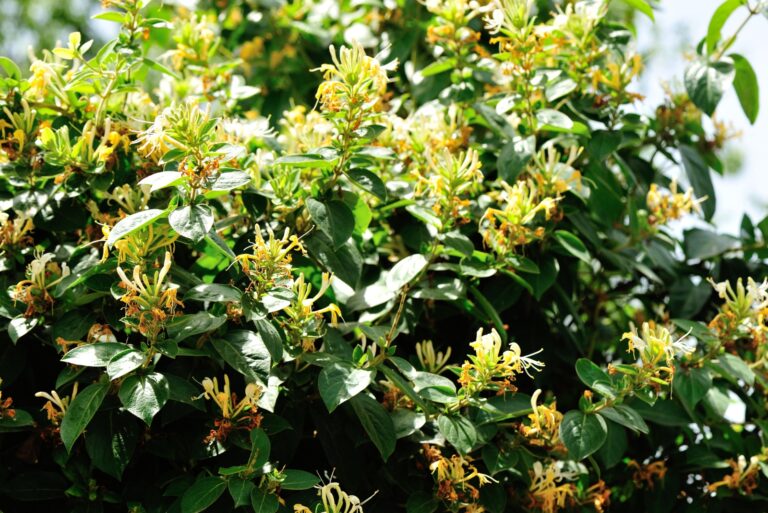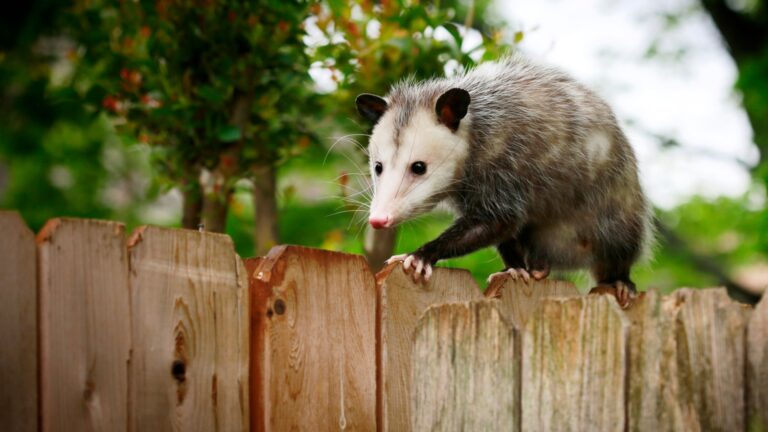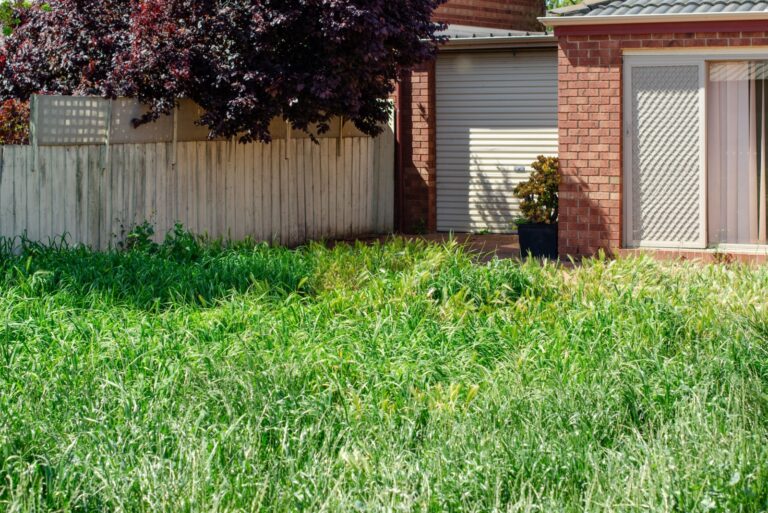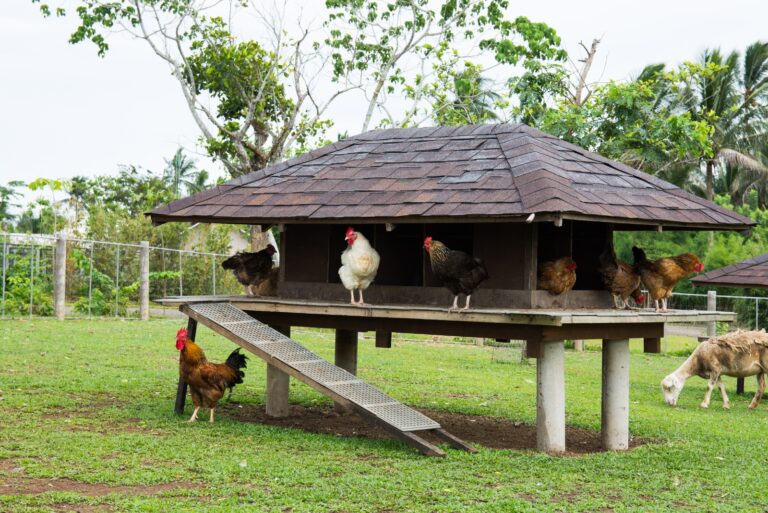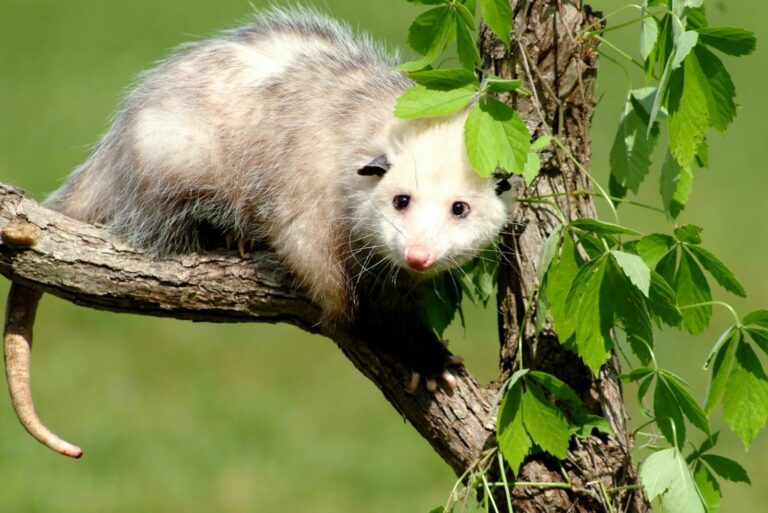17 Reasons Why You Should Think Twice Before Spraying Bees In Your Garden
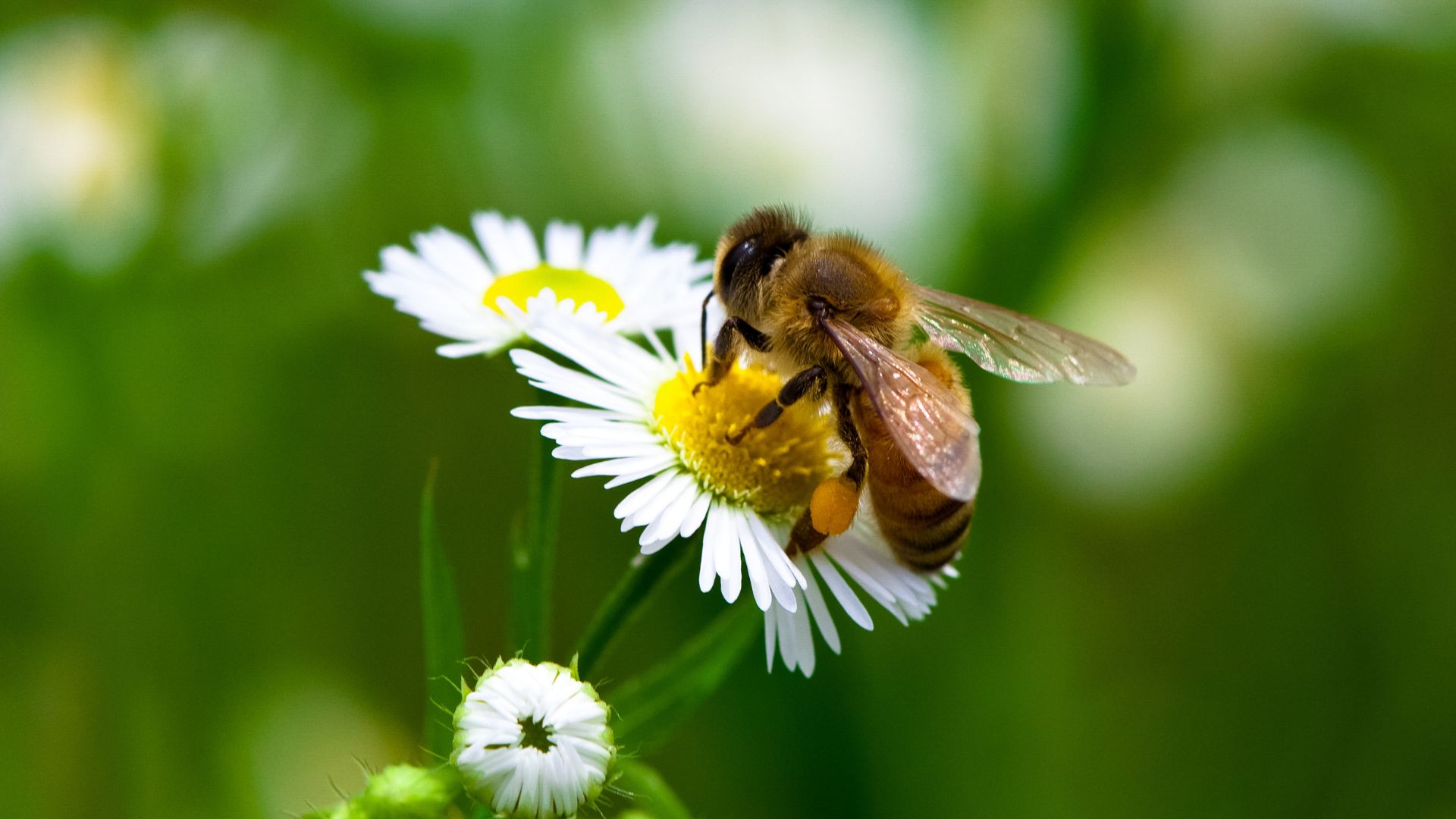
Spot a few bees buzzing around your garden? Don’t panic—they’re not just flying nuisances. These fuzzy little workers play a vital role in pollinating plants and keeping ecosystems humming with life.
Bees transfer pollen from flower to flower, helping fruits, veggies, and blooms grow strong and healthy. Without them, many crops would struggle—or disappear entirely. They’re quiet powerhouses behind the beauty and bounty in your garden.
So before reaching for the spray, take a moment to appreciate their work. By giving bees space to do their thing, you’re not just protecting your garden—you’re supporting the planet, one flower at a time
1. Essential Pollinators Keep Your Garden Productive

Without pollination, many of your favorite flowers and vegetables wouldn’t produce seeds or fruit. Those tomatoes you love? Thank a bee for that!
The work these tiny creatures do is impossible to replace efficiently. When I started gardening, my vegetable yields doubled once I stopped using chemicals that harmed pollinators.
A single bee can visit thousands of flowers in one day, carrying pollen from plant to plant as they go. This natural service is something no gardener should take for granted.
2. Garden Ecosystem Balance Depends On Them
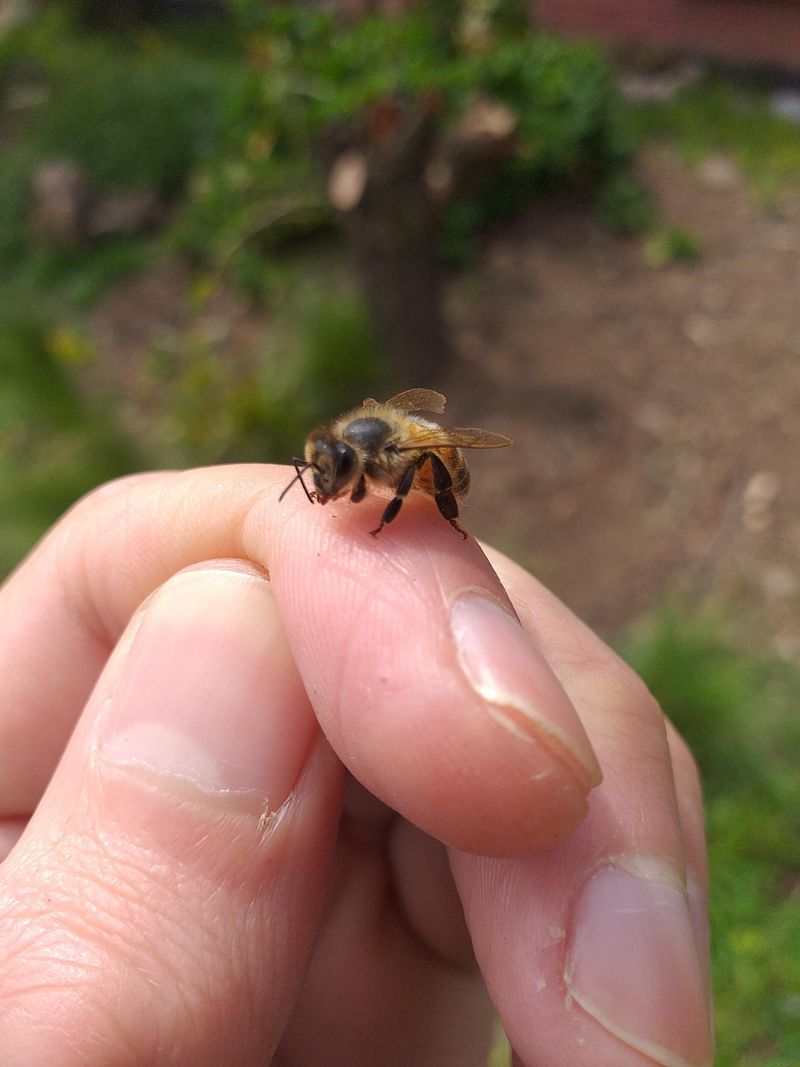
Your garden is a miniature ecosystem where everything is connected. Remove bees from this equation, and the entire balance shifts in unpredictable ways.
Many predatory insects that keep garden pests in check rely on flowering plants that bees pollinate. I’ve noticed that gardens with healthy bee populations have fewer pest outbreaks naturally.
The ripple effects of bee loss extend beyond just plants to affect birds, beneficial insects, and even soil health over time. Nature’s connections run deeper than we often realize.
3. Fruit Trees Need Their Help
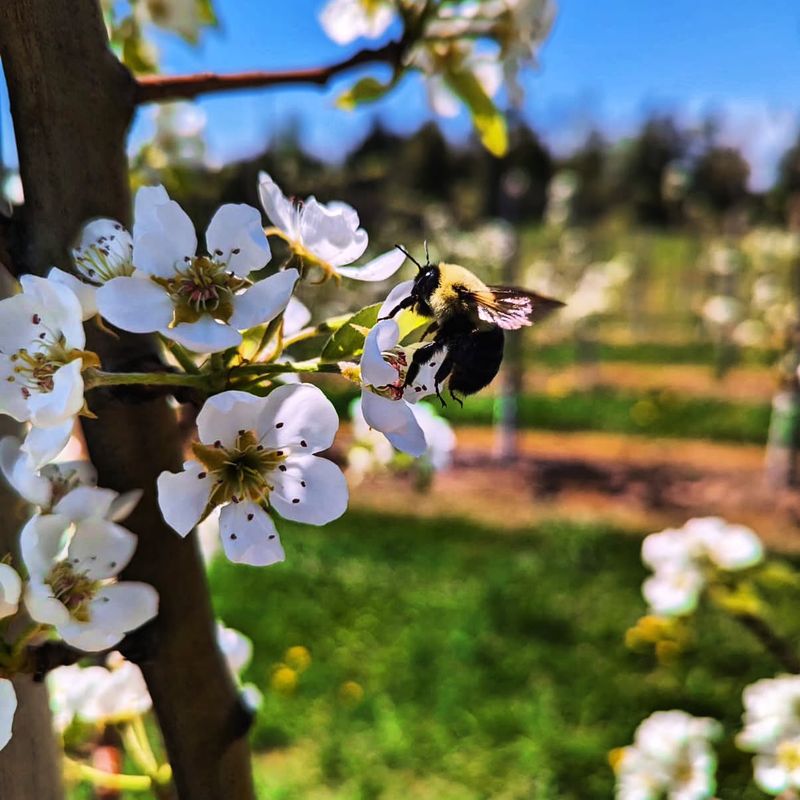
Dreaming of juicy apples, plums, or cherries from your backyard trees? Those dreams depend largely on bee visits during the critical flowering period.
The quality of fruit improves with proper pollination too. Poorly pollinated fruits often develop lopsided or have fewer seeds, affecting both appearance and taste. My neighbor’s apple tree produced sad, misshapen fruits until more bees were attracted to her yard.
Commercial orchards often rent beehives during flowering season – that’s how valuable these pollinators are to fruit production. Their service is literally worth paying for!
4. Native Plant Reproduction Relies On Them
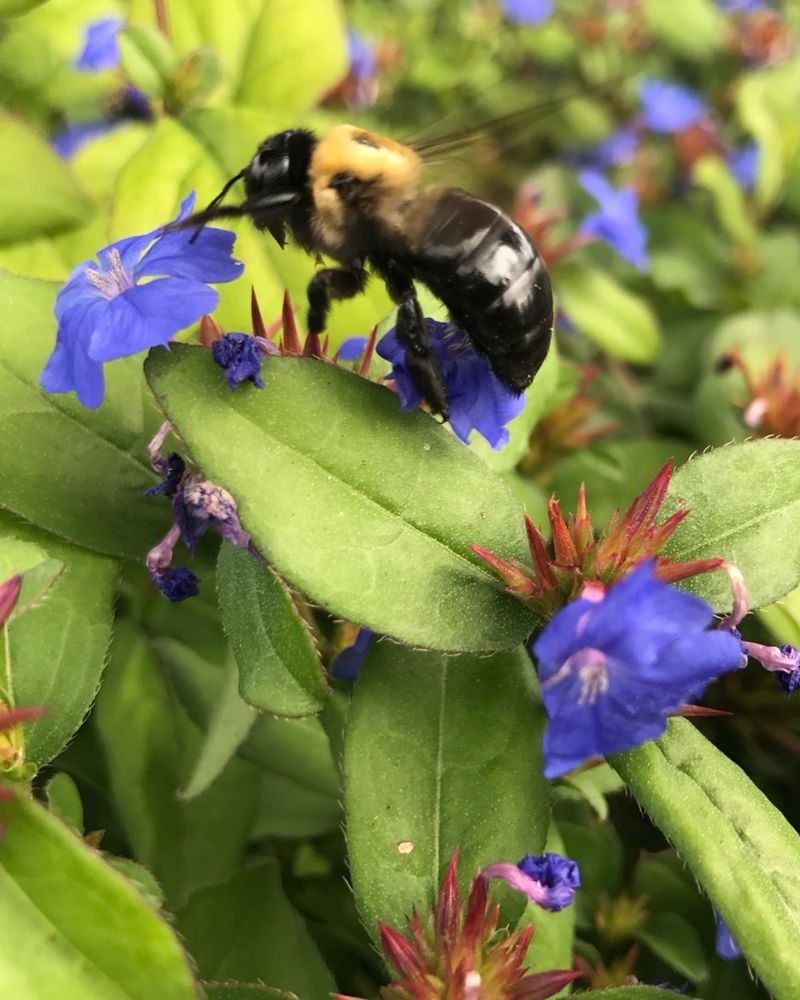
Those beautiful wildflowers and native plants that make your garden special? Many would disappear within a generation without bee pollination.
Some native plants have evolved alongside specific bee species for thousands of years. The relationship is so specialized that no other pollinator can do the job quite right.
My woodland garden corner thrives because I’ve protected the native bees that visit. The trilliums and columbines return stronger each year, creating a self-sustaining natural area that needs minimal care from me.
5. Chemical Sprays Harm More Than Just Bees

Those sprays don’t discriminate between “good” and “bad” insects. The same chemicals killing bees are likely harming butterflies, beneficial wasps, and other helpful garden allies.
Residues can persist for surprising lengths of time. Some insecticides remain active for weeks or even months after application, creating an invisible toxic zone in your garden.
Children and pets are at risk too when playing in areas treated with these chemicals. After learning about the potential health impacts, I switched to natural pest management methods that protect my whole family.
6. Local Honey Production Starts In Your Backyard
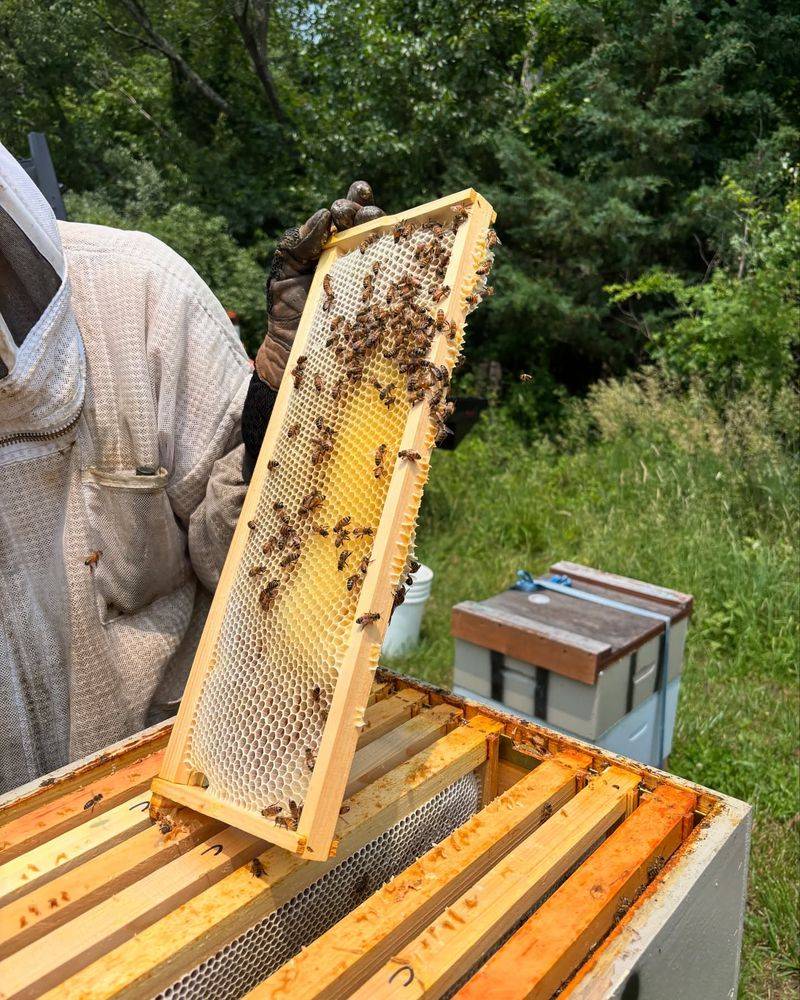
That delicious local honey at the farmers’ market? It might come partly from bees visiting your neighborhood gardens. Honeybees forage up to three miles from their hives.
Supporting local beekeepers means protecting their livestock – the bees. When neighbors spray indiscriminately, it affects honey production throughout the area.
The flavor profile of honey directly reflects what flowers bees visit. My garden contributes to our local honey’s unique taste, something I take pride in whenever I buy a jar from the beekeeper down the road.
7. Most Garden Bees Are Actually Harmless
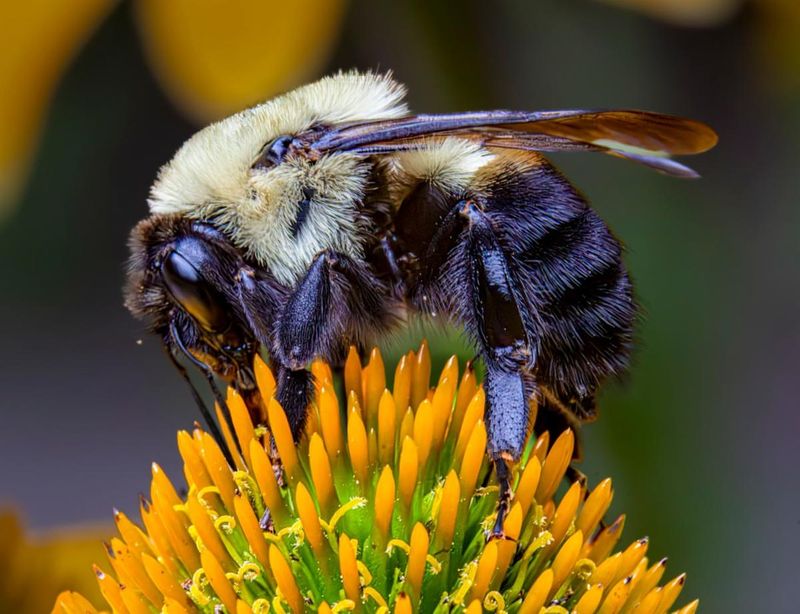
Despite their reputation, most bee species rarely sting unless directly threatened. Many native bees don’t even have functional stingers!
Learning to identify different bee types changed my gardening experience completely. Those tiny metallic green bees that visit my herbs? They’re gentle sweat bees that pose virtually no threat.
Male bees of all species can’t sting at all – they lack the modified ovipositor that female bees use as a stinger. Once you understand bee behavior, fear gives way to fascination with these remarkable creatures.
8. Declining Populations Need Every Safe Haven
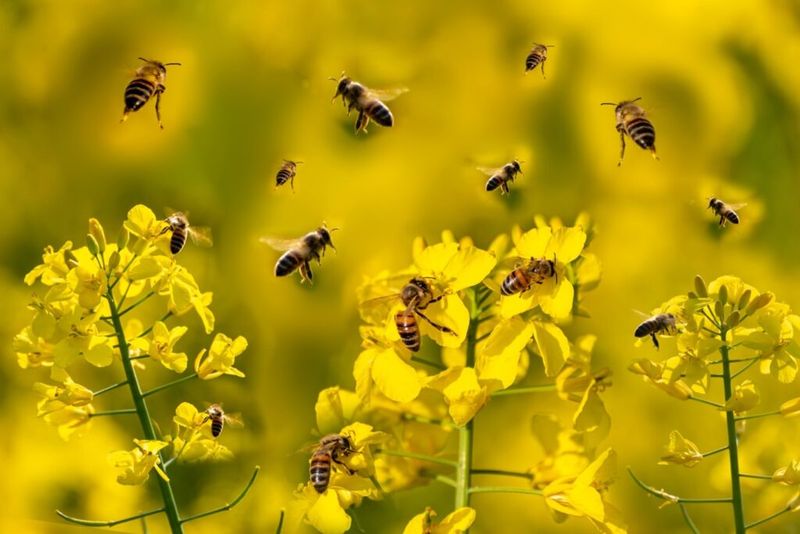
Bee populations worldwide face serious threats from habitat loss, disease, and agricultural chemicals. Your garden can be a crucial refuge in an increasingly hostile landscape.
The numbers are alarming – some native bee species have declined by more than 90% in recent decades. Every garden that avoids pesticides becomes part of the solution.
Creating a bee-friendly space feels meaningful in the face of such statistics. My small urban garden hosts over a dozen bee species now, each finding food and shelter in what was once just a plain lawn.
9. Natural Pest Control Works Better Long-Term
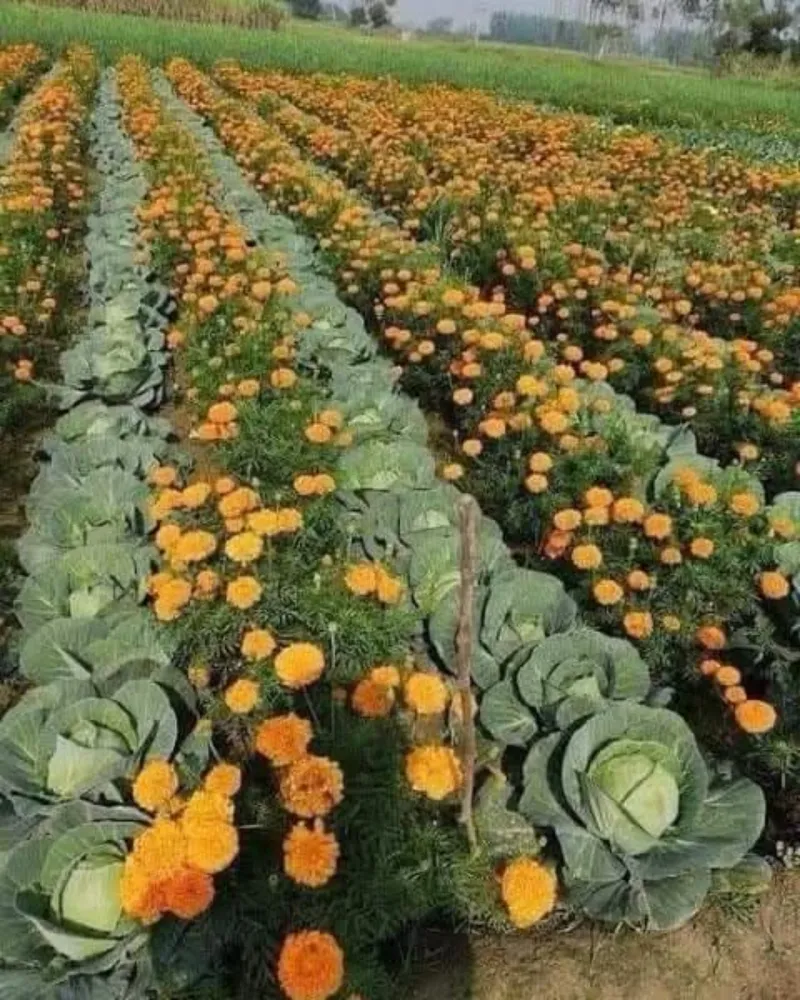
Spraying creates a vicious cycle – kill beneficial insects like bees, and you’ll need more chemicals as pest populations rebound without natural predators.
Companion planting and encouraging biodiversity provide sustainable pest management. The marigolds bordering my vegetable beds attract pollinators while naturally repelling certain pests.
Breaking dependency on chemical solutions saves money and time. After three years of organic practices, my garden practically manages itself, with natural predators keeping most pest problems in check before they start.
10. Garden Sprays Create Chemical Resistance
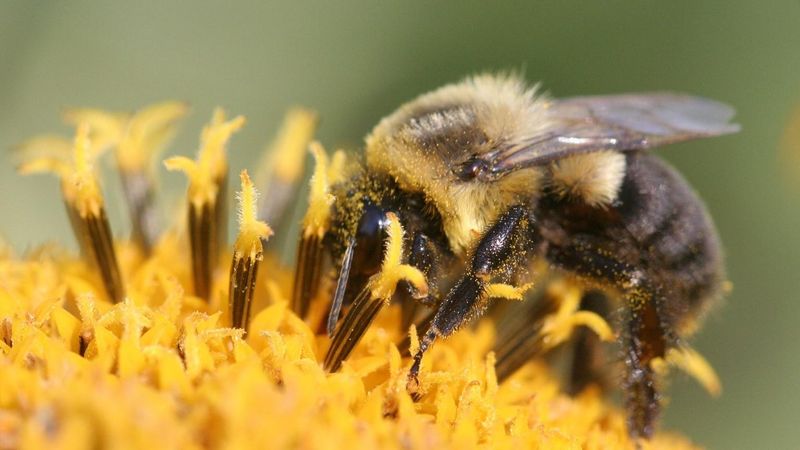
Repeatedly using insecticides leads to resistant pest populations – creating super-bugs that survive your sprays while beneficial insects like bees don’t develop the same resistance.
The chemical arms race gets expensive and frustrating. Garden centers sell increasingly potent products to combat resistance, exposing you and your garden to stronger chemicals each season.
Breaking this cycle requires a different approach entirely. Since switching to prevention-focused methods, I haven’t needed emergency pest treatments. The occasional nibbled leaf is a small price for a healthier ecosystem.
11. Vegetable Gardens Produce More With Pollinators
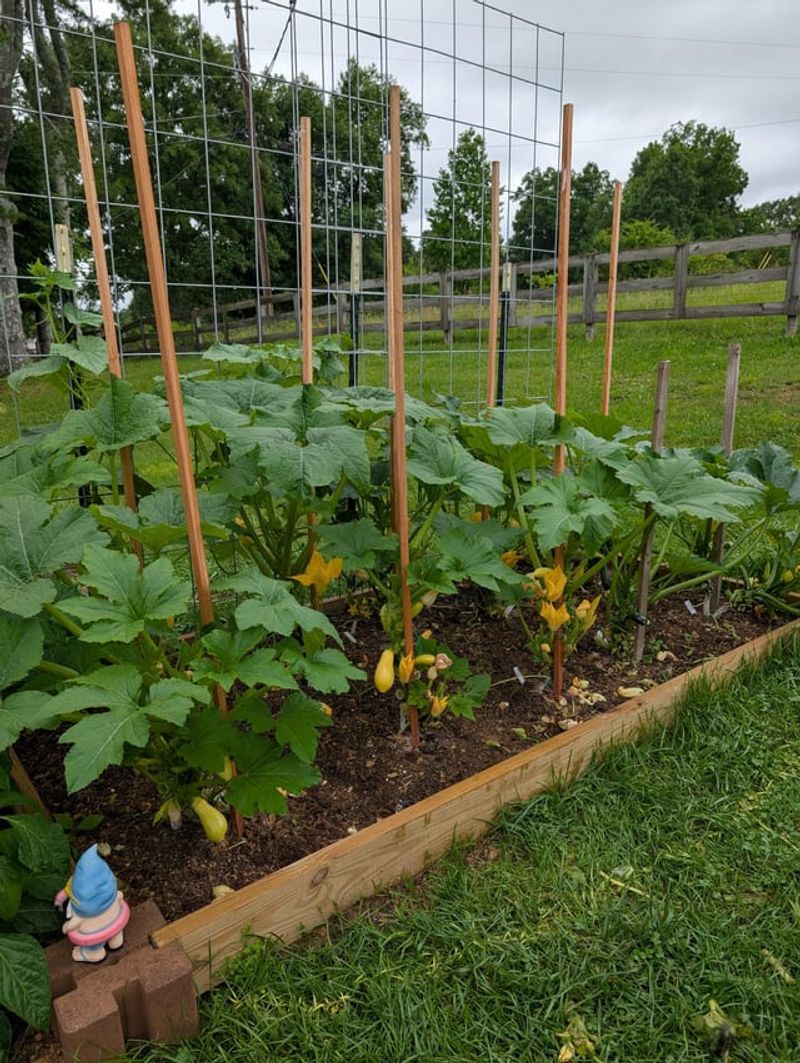
Squash, cucumbers, melons, and many other garden favorites depend heavily on bee pollination. Without enough visits, you’ll get fewer fruits and oddly-shaped vegetables.
The difference can be dramatic. My zucchini production tripled after I established more bee-friendly plants nearby. Those prolific plants need pollinators to transfer pollen between male and female flowers.
Hand-pollinating is possible but tedious and time-consuming. Why spend hours with a paintbrush doing what bees will happily do for free? Let nature’s system work as designed.
12. Children Learn Valuable Lessons From Bees
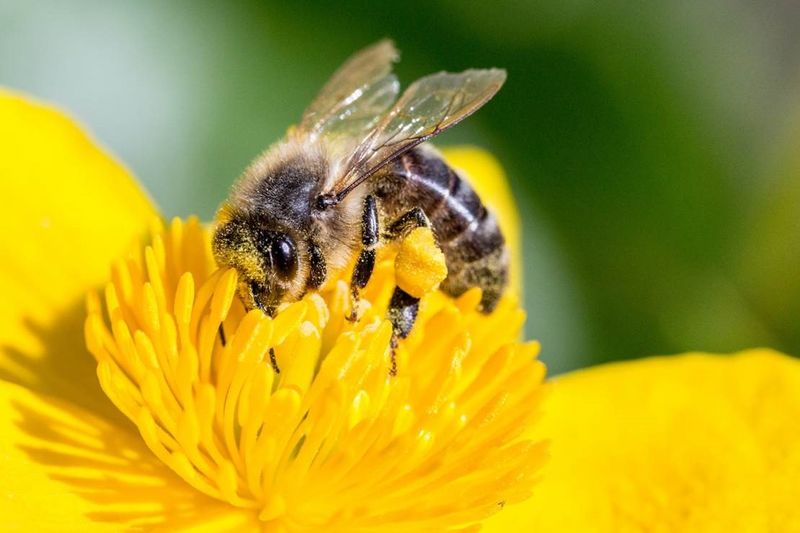
Watching bees at work teaches children about nature’s interconnections in ways no textbook can match. My niece developed her love of science by observing our garden visitors.
Fear of bees often comes from misunderstanding. Teaching kids to respect rather than fear these creatures builds confidence and environmental awareness that lasts a lifetime.
The lessons extend beyond science to patience and observation skills. Children who grow up appreciating bees tend to become adults who make more environmentally conscious choices – something our planet desperately needs.
13. Soil Health Improves In Bee-Friendly Gardens

Gardens that welcome bees typically use fewer chemicals, resulting in healthier soil microbiology. The connection might seem indirect, but it’s powerful.
Plants pollinated by bees produce more seeds and fruits, which feed soil organisms when they fall and decompose. This creates a virtuous cycle of fertility that chemical-dependent gardens miss out on.
Cover crops like clover – excellent bee forage – build soil structure while feeding pollinators. My garden’s soil has transformed from hard clay to rich loam since adopting bee-friendly practices that benefit the entire ecosystem.
14. Sprays Can Contaminate Nearby Water Sources
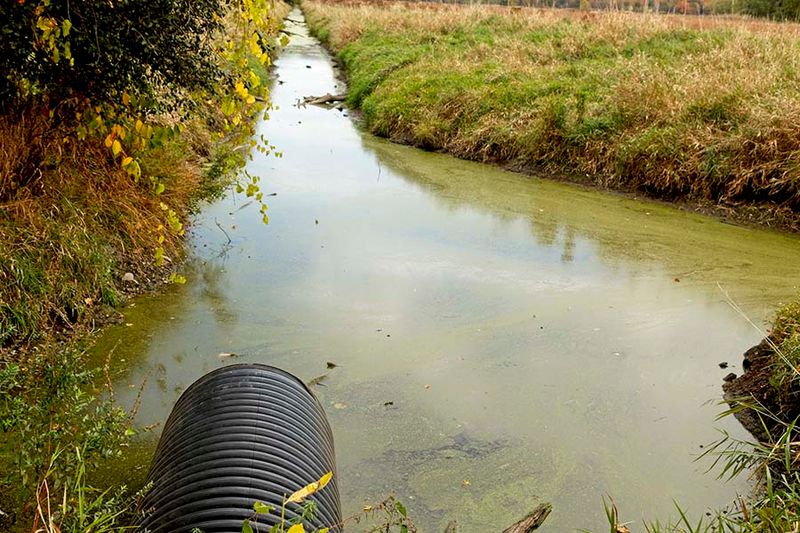
Garden chemicals don’t stay put after application. Rain and irrigation wash residues into storm drains, streams, and eventually larger water bodies.
Aquatic ecosystems are particularly vulnerable to these chemicals. Insecticides that harm bees often prove devastating to fish, amphibians, and aquatic invertebrates at even lower concentrations.
Considering the downstream effects changed my perspective entirely. My property borders a small creek, and knowing my gardening choices affect neighbors both human and wild has made me a more conscientious steward of this land.
15. Alternative Solutions Exist For Problem Insects

Most garden problems have non-toxic solutions that preserve bees while addressing specific pests. Targeted approaches work better than broad-spectrum sprays.
Physical barriers like row covers protect vulnerable plants during critical growth stages. The floating fabric I use lets light and water through while keeping pests away, no chemicals needed.
Timing plantings to avoid peak pest pressure can eliminate the need for interventions altogether. My second bean planting always outperforms the first because it misses the worst of the beetle pressure in our area.
16. Property Value Benefits From Pollinator Gardens

Landscapes rich in flowering plants and biodiversity actually increase property values. Real estate professionals increasingly recognize the appeal of established pollinator gardens.
Sustainable landscaping has become a selling point for environmentally conscious buyers. The colorful, low-maintenance garden I’ve created attracts compliments from neighbors and visitors alike.
The investment pays dividends beyond monetary value. My bee-friendly front yard has connected me with like-minded neighbors, creating community bonds through shared appreciation of nature’s wonders working right before our eyes.
17. Future Generations Depend On Pollinator Protection

The choices we make in our gardens today will affect food security for decades to come. Protecting pollinators is a form of investing in our children’s future.
Small actions multiplied across millions of home gardens create significant positive impact. My garden alone can’t save all bees, but combined with others, these protected spaces form crucial habitat corridors.
Gardening with bees in mind connects us to something larger than ourselves. There’s profound satisfaction in knowing that the flowering plants I tend today will continue supporting pollinators long after I’m gone.

